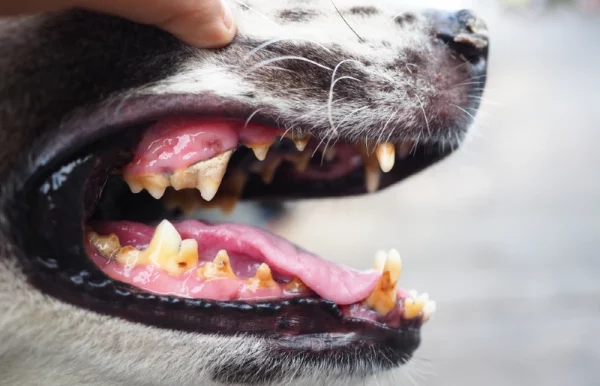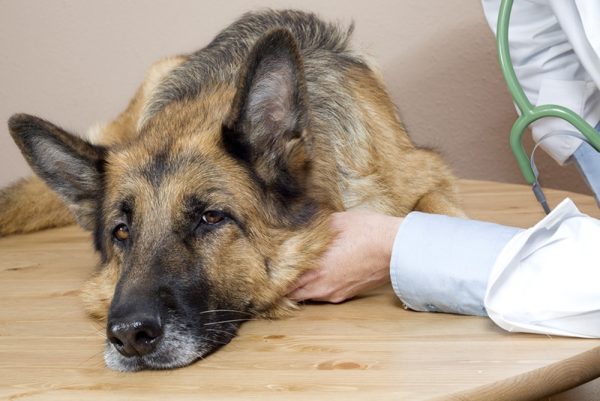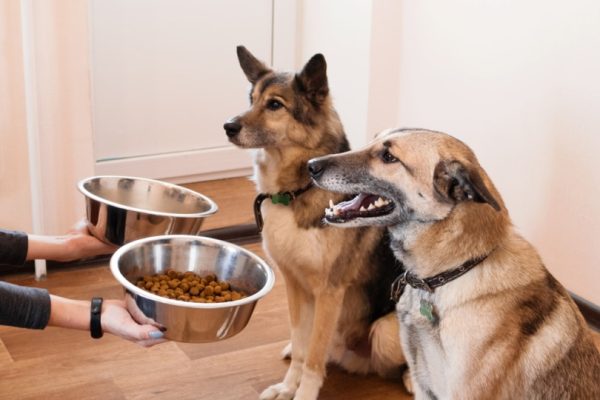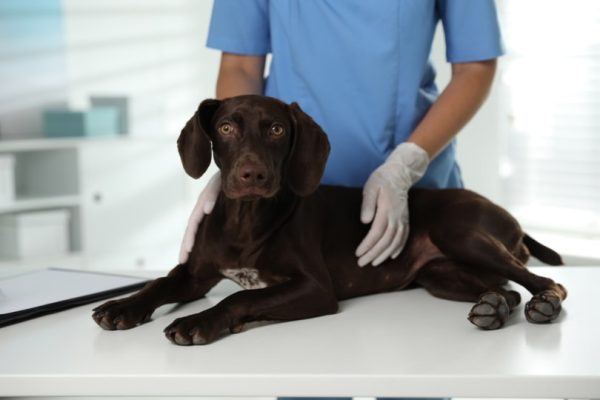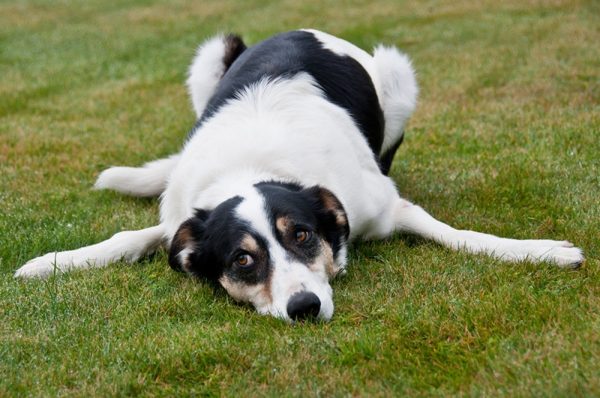Dr. Sharon Butzke
Author
About
Sharon has been drawn to animals for as long as she can remember. She was raised in Ontario, Canada and fulfilled her childhood dream when she obtained her Doctor of Veterinary Medicine (DVM) degree from the Ontario Veterinary College in 2009. Since then, she has worked in a variety of small animal clinics, with a focus on cats and dogs. She loves sharing her knowledge and empowering people to take the best possible care of their pets! Sharon currently resides in British Columbia with her husband, daughter, and a loveable Great Dane named Parker.Archive
It is probably not hard to recall the last time you brushed your teeth, but how about your pup’s pearly whites? Dental disease is incredibly common, affecting more than 80% of adult dogs1. However, cavities are pretty rare. The dogs’...
Dogs never fail to surprise us with the random things they eat, like moisturizing cream, for example. What could possibly be appealing about that? If your curious pup has helped themself to a taste of Aquaphor, the good news is...
If you have just witnessed your dog eating all or part of a squirrel, your initial reaction could fall anywhere along the spectrum from horror and disgust to, “What’s the harm in that?” Coyotes and wolves probably eat squirrels all...
Border Collies are bred to be active! Their intelligence, athleticism, and herding instincts make them incredible working dogs, but they can also be great family pets (as long as you can match their energy!). They might not be the first...
Can dogs have pollen allergies? Yes, they absolutely can! Just like people, dogs can react to pollen from trees, grass, and weeds. We may not always recognize the signs right away, however, because their symptoms are often quite different from...
If your pup has been diagnosed with pancreatitis, they are probably feeling pretty yucky. Naturally, you want to do everything you can to help them! It is important to remember that pancreatitis is a condition that requires medical treatment. Affected...
French Bulldogs are adored around the world for their cute little faces and playful personalities. They make wonderful companions and have become increasingly popular family pets. In fact, in 2022, they earned the number one spot on the American Kennel...
Colostrum is the first milk produced by pregnant mammals, starting a few weeks before they give birth and continuing for a few days afterward. It is often referred to as “liquid gold” because of its yellow color and amazing health...
If you live somewhere that experiences winter, you are likely familiar with the challenges of keeping driveways, sidewalks, and steps free of ice. There are many different products available to help melt ice and provide traction, but some of them...
Vitamin C, also known as ascorbic acid, is an important antioxidant that is known to offer a variety of health benefits for people. It is a common ingredient in multivitamins, and a supplement many of us reach for during cold...
Anyone who has watched a friend or family member face pancreatic cancer understands the fear associated with this diagnosis. Unfortunately, dogs can also get pancreatic cancer, and similarly to people, it does not usually have a good prognosis. Thankfully, it...
When you walk into a pet store, the vast array of food options can feel intimidating for new and experienced dog owners alike. While it is great to have choices, it can be hard to know what food is best...
Stomach (gastric) ulcers in dogs occur when the protective lining of the stomach, known as the mucosal barrier, becomes damaged. The purpose of the mucosal barrier is to protect the lining of the stomach from its acidic contents. Anything that...
Ataxia is a sign of a medical condition rather than a disease itself, and it can be defined as general incoordination.1 At first glance, ataxia can look like muscle weakness. However, the problem lies within the sensory nervous system. Motor...
